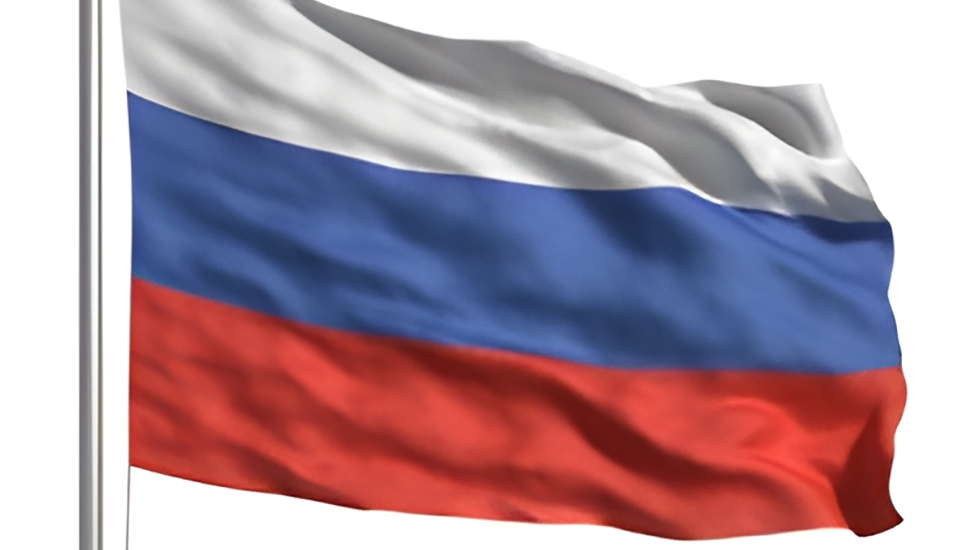The Newsletter n°396 — 25 mai 2009
La Lettre
—
25 May 2009
Election/Germany
1 January 1970

Schuman Report 2009
1 January 1970
Conference/Ukraine
1 January 1970
Tax Break
1 January 1970
Publication
1 January 1970

Column/Figaro
1 January 1970
Site
1 January 1970
La Croix
1 January 1970
Germany
1 January 1970

OECD
1 January 1970
Hungary
1 January 1970
The Netherlands
1 January 1970
Spain
1 January 1970
Latvia
1 January 1970
Slovakia
1 January 1970
EU/China
1 January 1970

EU-Russia
1 January 1970
EU/South Korea
1 January 1970
Energy
1 January 1970

Broadband
1 January 1970
External Relations
1 January 1970

Defence
1 January 1970
Georgia
1 January 1970
Bosnia
1 January 1970
Albania
1 January 1970
Pharmacy
1 January 1970

Hypo Real Estate
1 January 1970

Security
1 January 1970
60 years
1 January 1970
Horst Köhler
1 January 1970
Regional Partnership
1 January 1970

Crossing?
1 January 1970

Greenland
1 January 1970

Competitiveness
1 January 1970

Government
1 January 1970

Employment
1 January 1970

OSCE
1 January 1970

Denmark
1 January 1970
Survey
1 January 1970

G8/Energy
1 January 1970

Brenner Tunnel
1 January 1970
France
1 January 1970

Cyprus
1 January 1970

Parliament
1 January 1970
Immigration
1 January 1970
NATO
1 January 1970

Balkans
1 January 1970

Climate
1 January 1970

Estonia
1 January 1970

Romania
1 January 1970
Foreign Trade
1 January 1970

Construction
1 January 1970
Trade
1 January 1970
Europe/2030
1 January 1970

EU/World
1 January 1970
European Parliament
1 January 1970
Spain
1 January 1970

European Parliament
1 January 1970
Southern Caucasus
1 January 1970
EU/USA
1 January 1970
Brussels/Magritte
1 January 1970

Cannes/Cinema
1 January 1970
Agenda
Towards a sovereign and resilient Europe: the urgent need for a comprehensive security doctrine
Skilled immigration and the competitiveness of the European Union: attractiveness and policy options
Hybrid threats: from geopolitics to internal security
From Turnberry to Mercosur: the European Union at a critical juncture
The European strategic approach to technological security: the challenges posed by China
The Editors of the Newsletter :
Stefanie Buzmaniuk, Helen Levy
N°ISSN : 2729-6482
Editor-in-Chief :
Eric Maurice
Director of Publication :
Pascale Joannin
Any questions or suggestions?
Contact Us!







